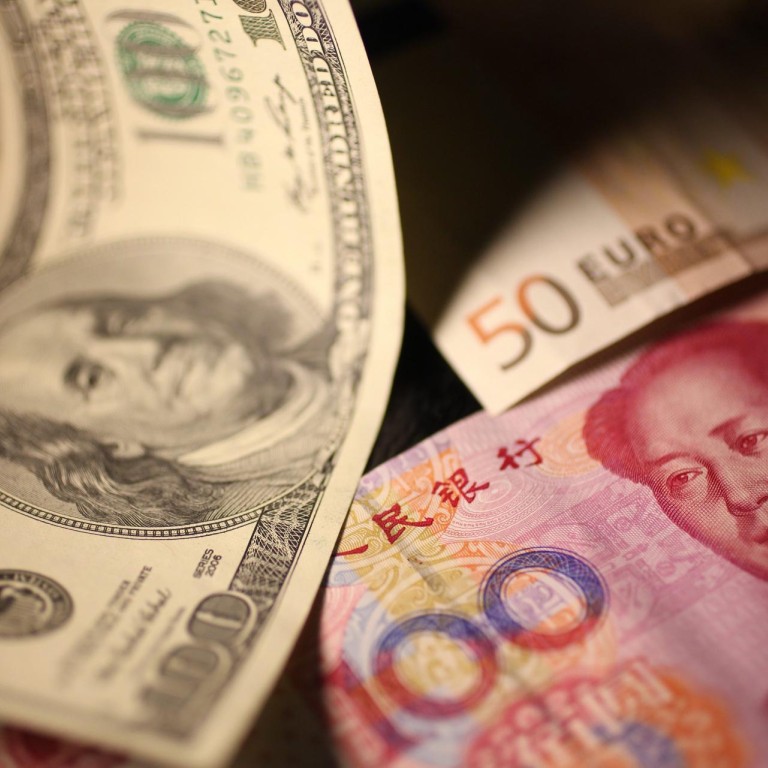
PBOC's Yi Gang warns of rising foreign-exchange difficulties
A deputy governor of the People's Bank of China has warned of rising difficulties in managing its growing foreign-exchange reserves, while also vowing to strengthen monitoring of cross-border capital flows.
A deputy governor of the People's Bank of China has warned of rising difficulties in managing its growing foreign-exchange reserves, while also vowing to strengthen monitoring of cross-border capital flows.

"Although China has achieved relatively good returns on the investment and operation of foreign reserves through hard work, the investment environment is generally not optimistic," Yi wrote in an article published in the Communist Party's magazine and posted on SAFE's website yesterday.
"It's become more and more difficult for China to invest and operate with the foreign reserves as well as maintain and increase the reserves' value because of the quantitative easing monetary policies implemented in the developed economies."
The money printed in developed nations had been partially used to buy cheap products from the mainland but had also left it struggling with pollution and the loss of energy and resources, Yi said.
The mainland has accumulated US$3.66 trillion worth of foreign reserves, the world's largest, partly because the PBOC has retained capital controls and only allowed the yuan to float under a managed system.
The leadership has pledged to reduce the economy's reliance on investment and overseas demand, increase the yuan's flexibility and further liberalise the capital account.
Yi said room for improving the mainland's international balance of payments through capital controls had been narrowing as the domestic economy became increasingly integrated with the global environment.
He pledged such imbalances would be tackled through structural reforms and said the authorities would set roadmaps and timetables for any such moves.
Beijing would research price tools, including the Tobin tax, interest-free deposit reserve requirements and foreign-exchange transaction fees, curb speculative funds flows and diversify the investment of foreign reserves, he said.
A Tobin tax, suggested by American economist James Tobin, was originally defined as a tax on all spot conversions of one currency into another, with the aim of penalising short-term currency speculation.
As the yuan kept rising last year, authorities said they had detected speculative funds flowing into the mainland - the bulk through fake trade deals - pushing up exports to abnormally high levels in some months.

